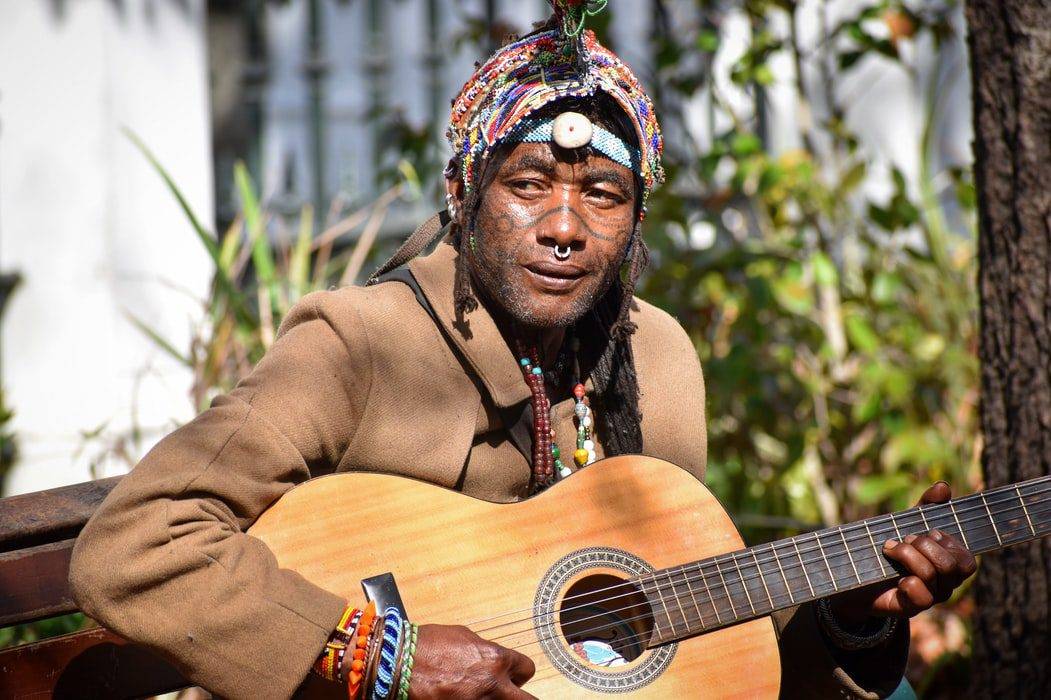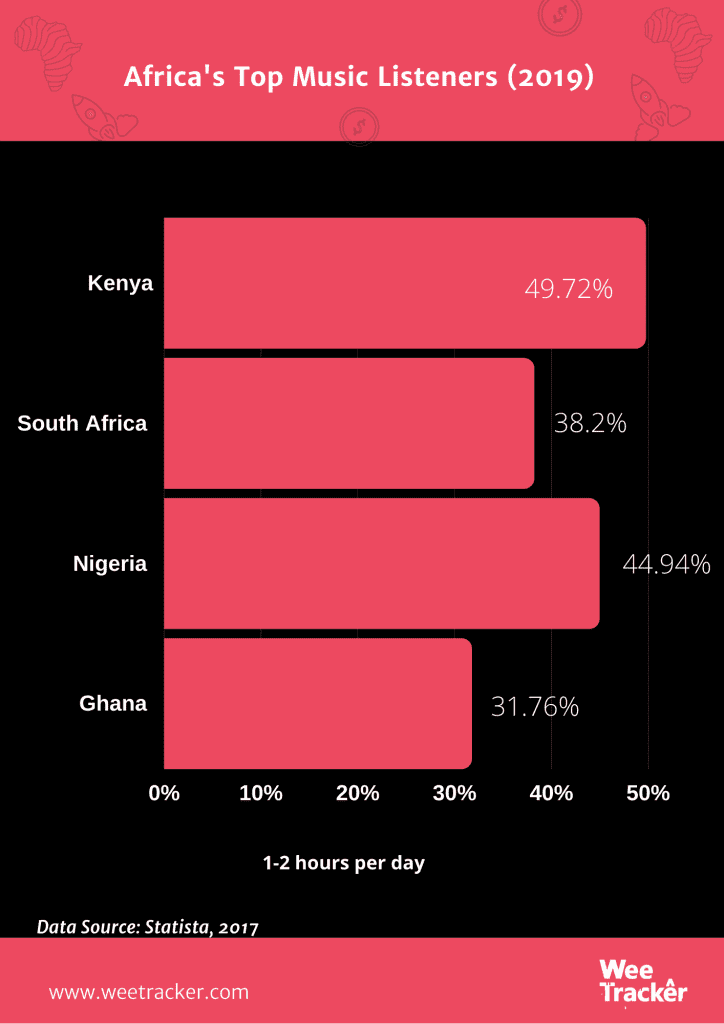Institutional Investors Are Yet To Show Real Interest In African Music Businesses

Africa’s unemployment crisis is a melange of confusing figures, low-paying jobs, seasonal low mean of livelihoods and the push to survive nonetheless. With the job market a lot smaller than the readily available labor force, many Africans have found respite in the creative industry. From music to comedy and acting to stand-up performance, the African entertainment industry, especially music, has ballooned over the years. Yet, institutional investors hardly back core African music businesses.
Music Streaming Is Exempted
The owner of a small business in the logistics sector can easily walk into a financial institution and ask for a loan to either scale or expand the enterprise.
All things being equal, the money will be provided, thanks to SME funding initiatives whose numbers have radically increased in Africa over the years. But African creatives, musicians especially, are not blessed with that kind of luck.
Music streaming platforms in Africa have been able to bag investments from venture capital firms, even the ones outside Africa. In March, an undisclosed financial consideration saw MePlaylistTM become institutionally connected with Mathew Knowles, the father of Beyonce; and Solange Knowles, a famous American songwriter. Nevertheless, that was neither the first nor the second investment in an Africa-focused music streaming platform.

The million-dollar African expansion of Apple Music, in addition, is proof that there’s potential in the African music industry. The creativity has bagged global attention and the artists could be said to be making strides. But even with all the aplomb, institutional investors have not been so keen on putting their money into the music-making and creative-sharing business.
An Understanding Problem
Basically, institutional investors are yet to understand the nature of African music creation businesses. At least, that’s according to Oluwatosin Ajibade—popularly known as Mr. Eazi— a Nigerian singer, songwriter, and entrepreneur.
The celebrity is the pioneer of the African Music Fund, a non-profit, pan-African organization that supports the music sector by promoting knowledge exchange and creating opportunities for upcoming creatives. The mission to invest in the African stars of the future has led AMF to raise USD 20 Mn to create a new funding model for the African music business on the continent.
With the primary aim of providing financial support for artists to expand their catalog, the 29-year-old artist is also using his emPawa Africa platform to discover fresh talents. Through this other initiative, some big artists like Nigeria’s Joeboy and Ghana’s J. Derobie were discovered.
In the western world, some investors have a soft spot for intellectual property. But the reverse is the case in Africa, where financial institutions hardly understand it. According to Mr. Eazi, institutional investors in the continent can better relate with physical properties. “So, because not a lot of people understand African music businesses, there is no finance product for musicians,” he said.
Complexity Of Industry
To be fair, the complexity of the supply chains in the creative industry are enough to deter investors from putting their money into it. Not only os assessing the risk a potential wild goose chase, but there are also arrays of activities that confusingly tie production and distribution. It is understood that creative industries are very localized, which is why value chains vary from one African market to the other.
Aliu Olamilekan, a Lagos-based music analyst, believes that the complexity of Africa’s music industry has led to some breach of contracts between artists and investors. For example, Nigerian musician, Runtown, in May 2016, was sued for NGN 70 Mn (over USD 180 K) by his parent label, Eric Many Entertainment, for cutting out the company from performance revenue.
“In the European music market, for instance, investors are confident of putting money in creative businesses because the industry is thorough and easy to understand. But Africa’s context is much more different because institutional investors are worried about the assuredness of getting their money back. Music is dissimilar to normal businesses, and the data needed to successfully invest in it is significantly unavailable,” he told WeeTracker.
It could take experienced creatives turned entrepreneurs like Mr. Eazi and Wyclef Jean to encourage institutional investing for African music. The AMF raise’s lead investor is 88mph, a company that provides capital for African businesses. In January 2020, three-time Grammy Award winner Wyclef Jean raised USD 25 Mn for his Carnival World Music Group to finance music publishing business in Africa and developing countries.,
Featured Image: Jose Mizrahi Via Unsplash